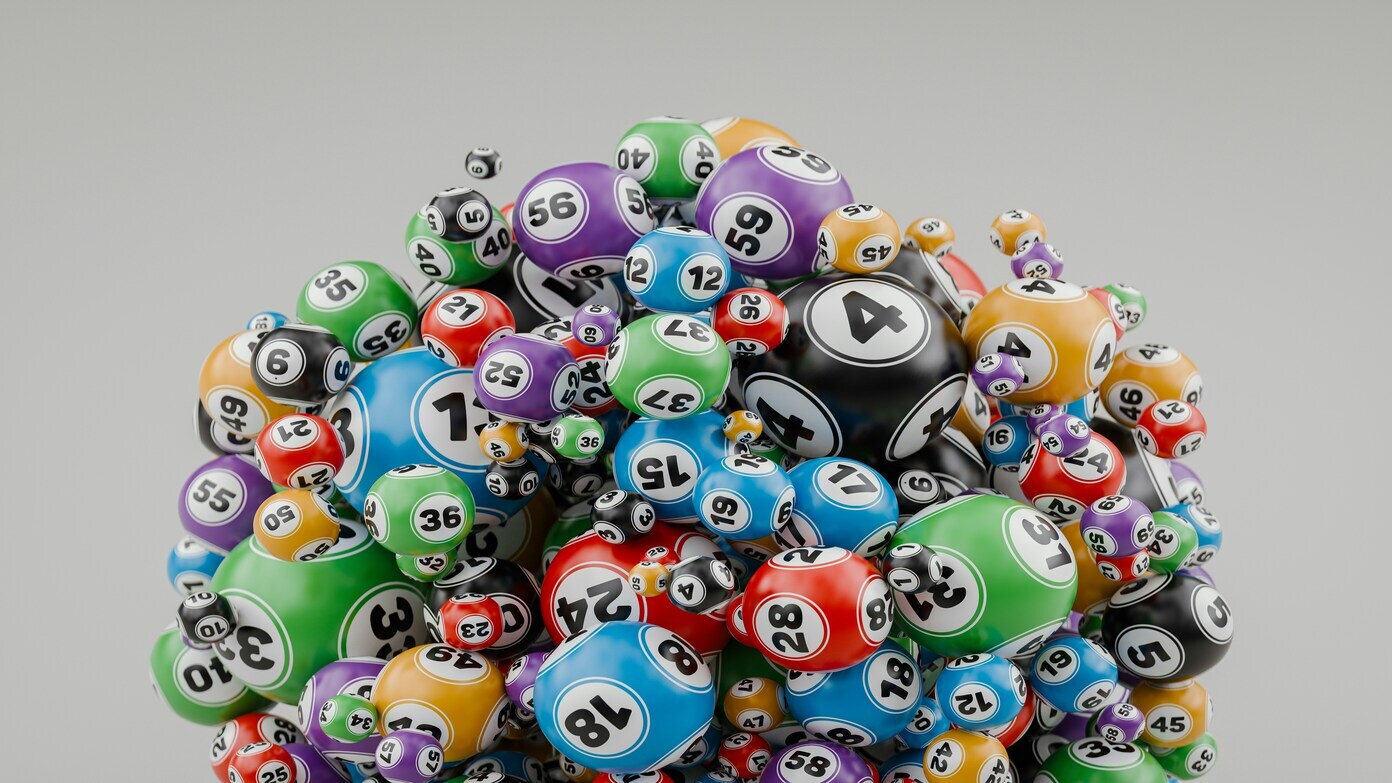A historic jackpot
The Powerball jackpot reached a jaw-dropping $1.4 billion for Wednesday’s September 3 drawing. That makes it the sixth-largest lottery prize in American history.
If someone hits the lucky numbers, they’ll become the 13th U.S. lottery winner of more than $1 billion. The very first billion-dollar prize wasn’t until 2016, and since 2021, there have been 11 of them. Clearly, jackpots are only getting bigger.
And here’s the kicker: while the ads scream “$1.4 billion,” most winners don’t actually walk away with that full amount. That’s only if they take it in yearly payments spread over decades. Almost everyone instead chooses the one-time lump sum cash option, which for this drawing is still a life-changing $634 million.
Why jackpots keep getting bigger
Back in the 1980s, a $40 million jackpot would send people running to the corner store. In the 1990s, it took $100 million to create those long lines. Today, unless the word “billion” is in the headline, most people don’t even notice.
So how did we get here? Lottery organizers found out that bigger jackpots = more ticket sales. To keep the pot growing, they made the odds tougher. That means more rollovers, and each rollover pushes the jackpot higher.
Add in the fact that Powerball and Mega Millions are now available almost everywhere in the U.S. (except Alabama, Utah, Alaska, Hawaii, and Nevada), and you’ve got millions of people throwing $2—or even $5—at the dream.
The odds are… not in your favor
Let’s keep it real: the odds of winning Powerball are 1 in 292 million. To give you perspective, you’re more likely to be struck by lightning or even become a movie star.
Mega Millions recently made it even harder to win, with odds of 1 in 302.6 million. And yes, they also raised the ticket price.
But despite the long odds, the excitement of dreaming “what if” keeps people coming back. After all, even if you don’t win, buying a ticket buys you a little slice of hope.
A look back at lotteries
The first multi-state lottery started way back in 1985 with just three states: Vermont, New Hampshire, and Maine. Their goal? Compete with Massachusetts.
By 1987, “Lotto America” launched, but jackpots were capped at $80 million. Officials worried anything bigger might be… Too much power for one person! Fast-forward to today, and billion-dollar jackpots are practically a marketing strategy.
Who plays the most?
Surprisingly, scratch-off tickets are still America’s most popular lottery game. They make up about 70% of ticket sales. Why? Because they give players faster results and better odds of winning smaller prizes.
But when jackpots get into the billions, suddenly everyone—rich or poor—wants a shot at the big dream. As lottery expert Victor Matheson put it, “People want something that changes their life, not just makes it incrementally better.”
Did you win?
The big draw happened at 11 p.m. ET on Wednesday, September 3. If you bought a ticket, now’s the time to check those numbers.
Even if you didn’t snag the jackpot, don’t toss your ticket too quickly—smaller prizes range from a few bucks to a million dollars.
So grab your ticket, cross your fingers, and maybe—just maybe—you’ll wake up a millionaire.
Read this later:
What is the highest jackpot in Powerball history, how much was the prize, and who won the money?

